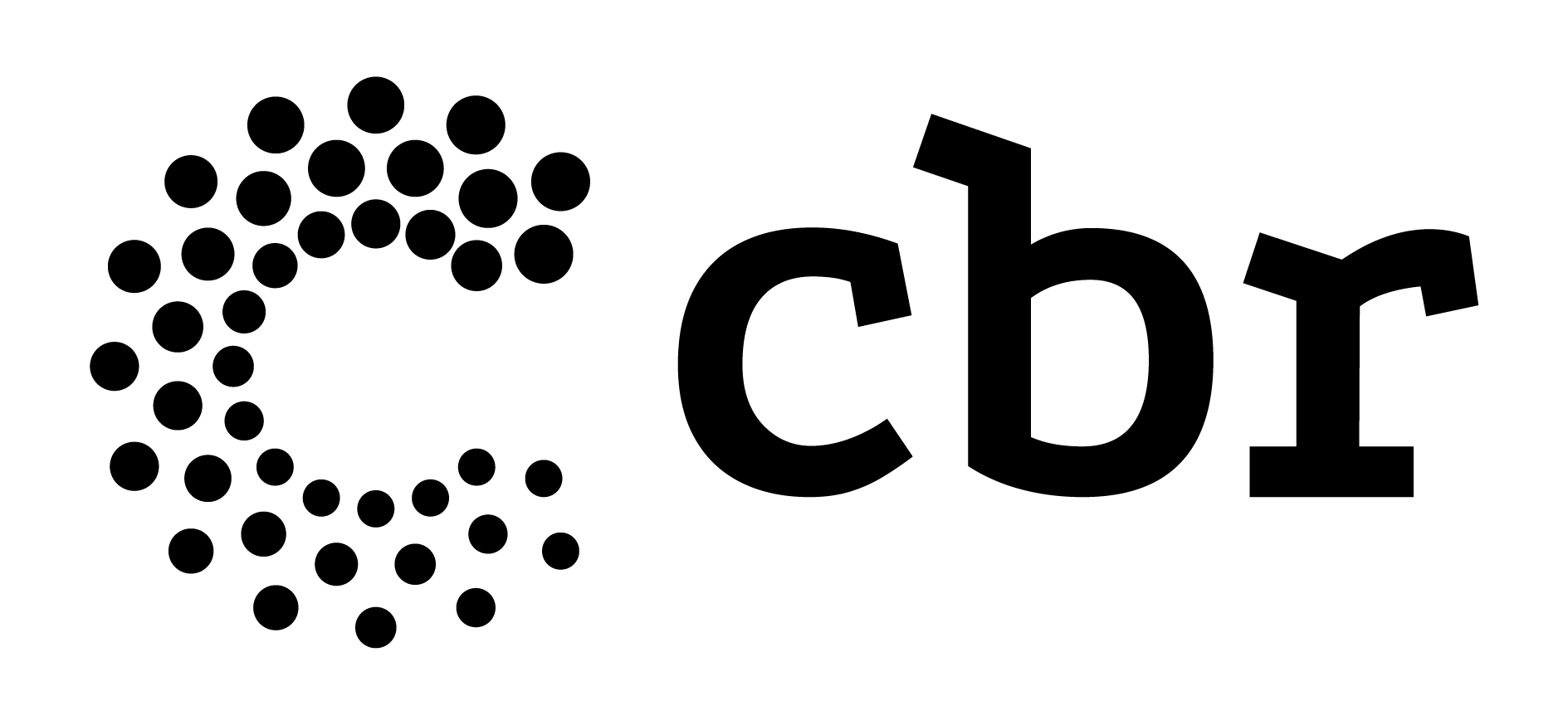In view of the controversy generated by the enactment of Law nº 7.898/2018, by the Legislative Assembly of Rio de Janeiro, the Legal Advice of the Brazilian College of Radiology has the following comments to make:
1) The Federal Supreme Court, through ADPF 151, by means of a preliminary injunction, removed the binding of the minimum wage in the calculation of the salary of radiology technicians.
Thus, the STF decided that the criteria set out in Article 16 of Law 7,394/85 would continue to be applied, unless a new Federal Law, collective agreement or convention, or state law that regulated this matter came into effect.
Therefore, we are faced with the hypothesis in which a state law came into force regulating this issue declared, via a precautionary decision, unconstitutional by the Federal Supreme Court.
2) State Law 7,898/2018, enacted by Alerj, defined the minimum wage for several professional categories, including radiology technicians, setting it at R$2,421.77.
As previously reported, the STF removed the remuneration criteria set forth in Law 7.394/85, in the event that a new rule prevails, as is the case that is now being analyzed.
As a result, when setting the minimum wage for radiology technicians, the provision in article 16 of Law 7,394/85, which referred to two minimum wages, was removed.
The salary floor, then, should not, in the interpretation of this legal advice, be multiplied by two, insofar as this rule is removed by the supervening state law.
3) In an action promoted jointly by FECOMERCIO RJ and other entities, the effectiveness of the expression “that fixes the biggest” was removed from Law 7.898/2018.
Thus, if there is, in the State of Rio de Janeiro or its Municipalities, an Agreement or Collective Bargaining Agreement in force, which determines a lower salary for radiology technicians, the rules of these agreements and conventions must also be applied, insofar as they do not According to this decision, wages may be linked to the highest existing value, with the agreement between companies and unions being able to prevail.
Some rules for the application of state law are extracted from all this:
1) The salary floor provided for in the norm must not be multiplied by two. That is, the radiology technician's base salary will be R$2,421.77. On this value, the percentage of 40% must be computed.
2) If there is a Collective Bargaining Agreement or Convention that fixes the base salary of the radiology technician, these may prevail over state law, until the end foreseen for its validity.
Certainly, the discussion regarding the exact application of the norm will be felt in accordance with the decisions that will be enacted by the Labor Court.
For these reasons, and since the creation of the norm is very recent, it is necessary to verify what will be decided by the Labor Court in new actions proposed by the workers, presenting, here, the legal advice of the CBR the normative interpretation that it deems most correct on this matter. subject.
Legal Adviser of the Brazilian College of Radiology and Diagnostic Imaging
Brazilian College of Radiology and Imaging Diagnosis
Society of Radiology of Rio de Janeiro




